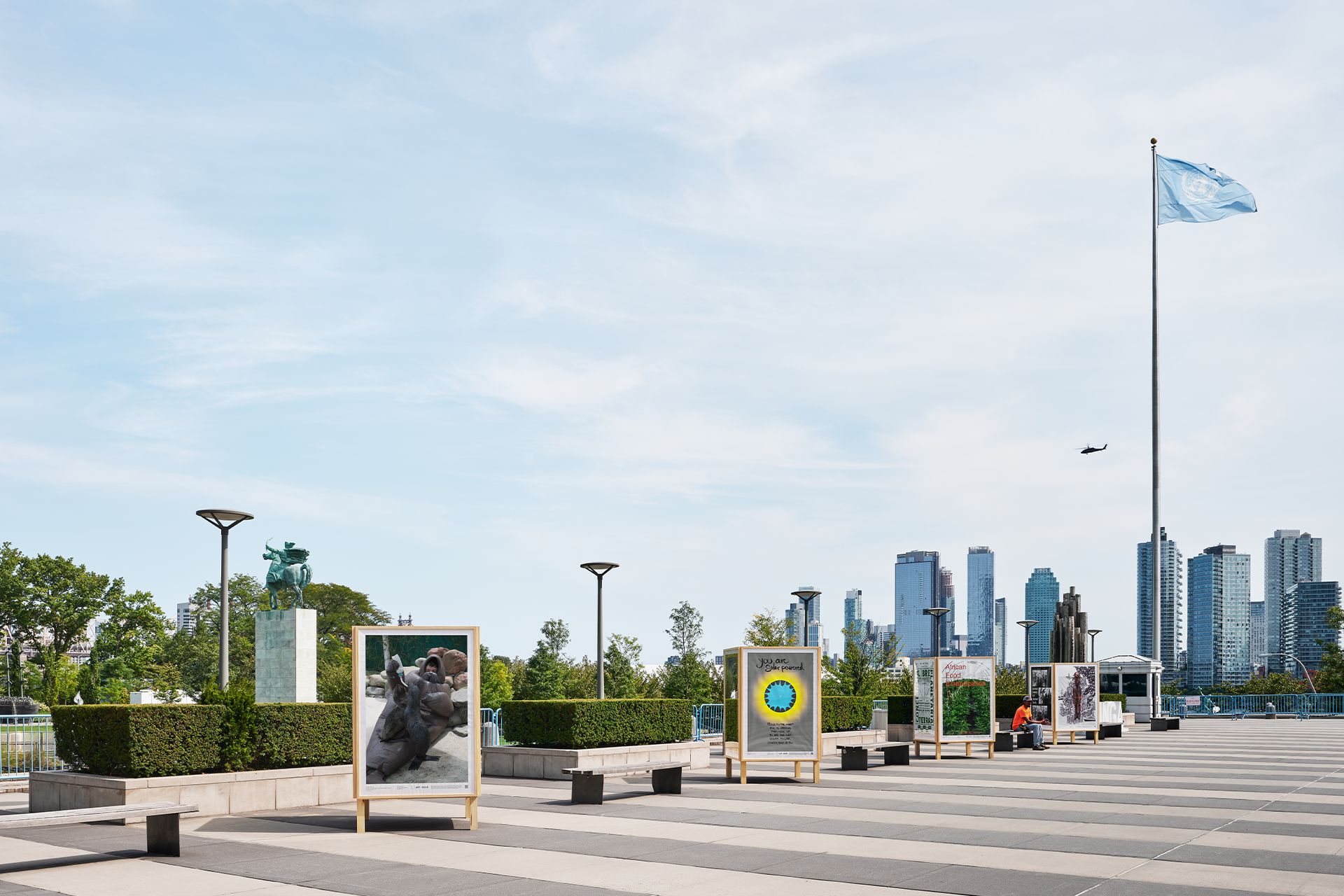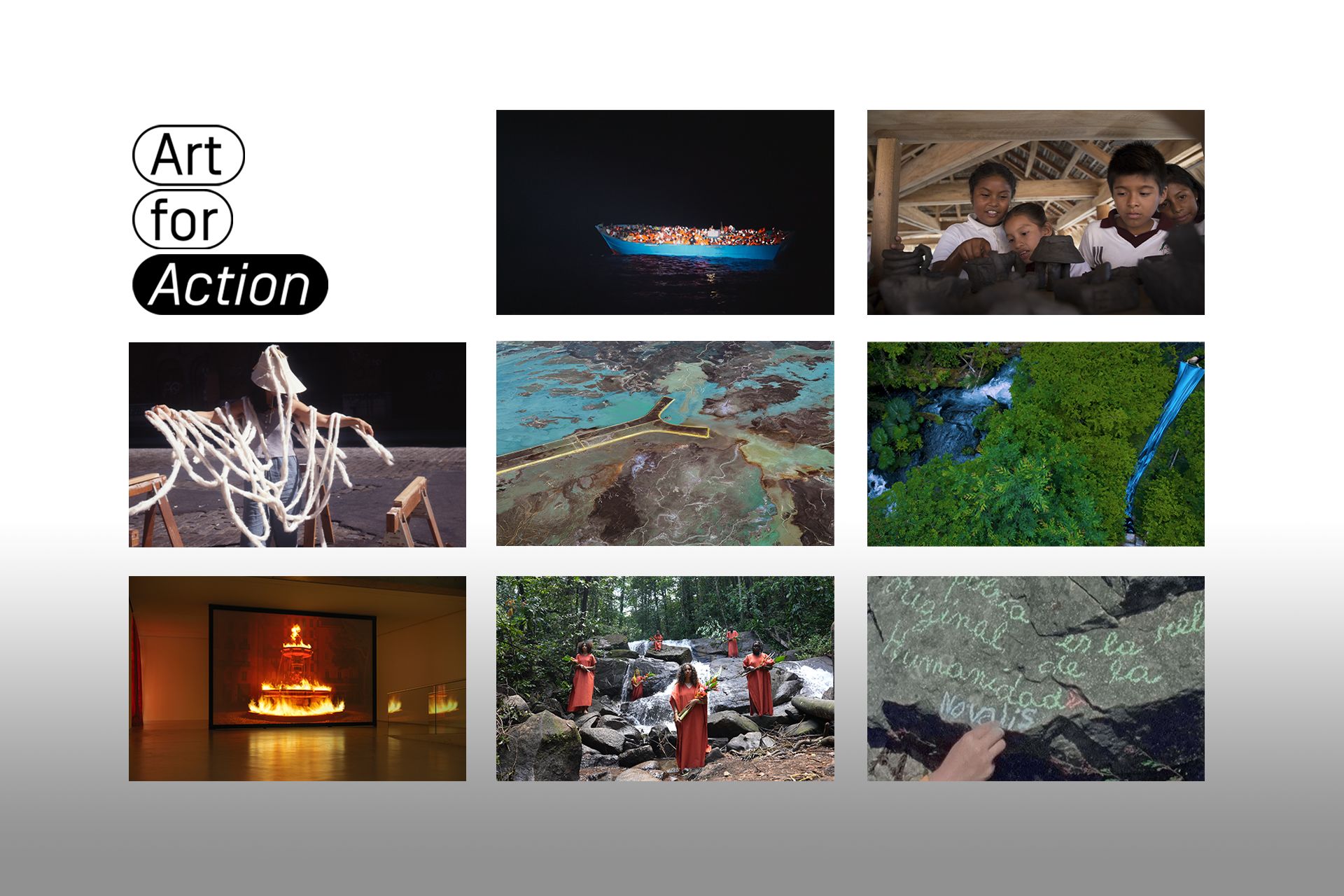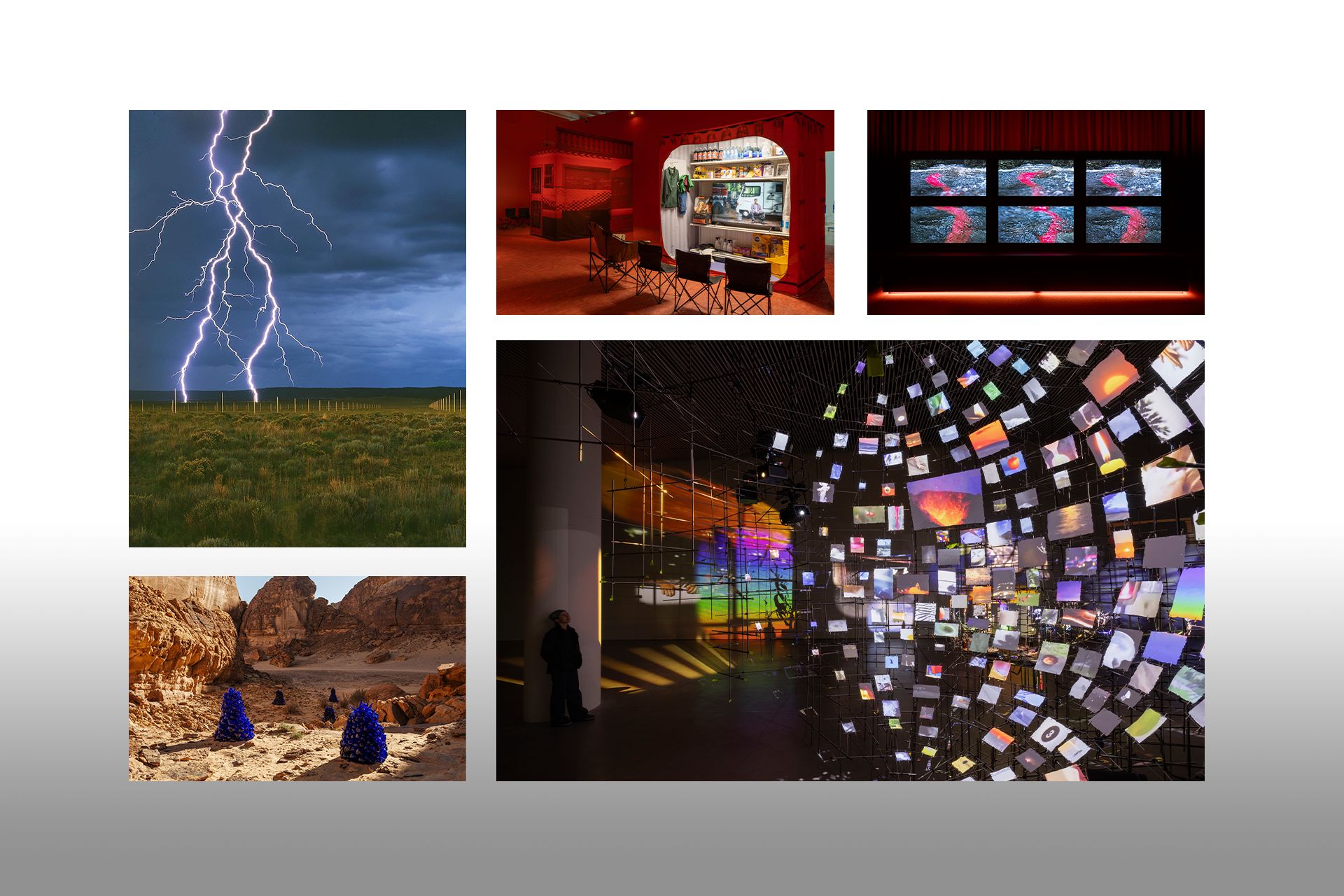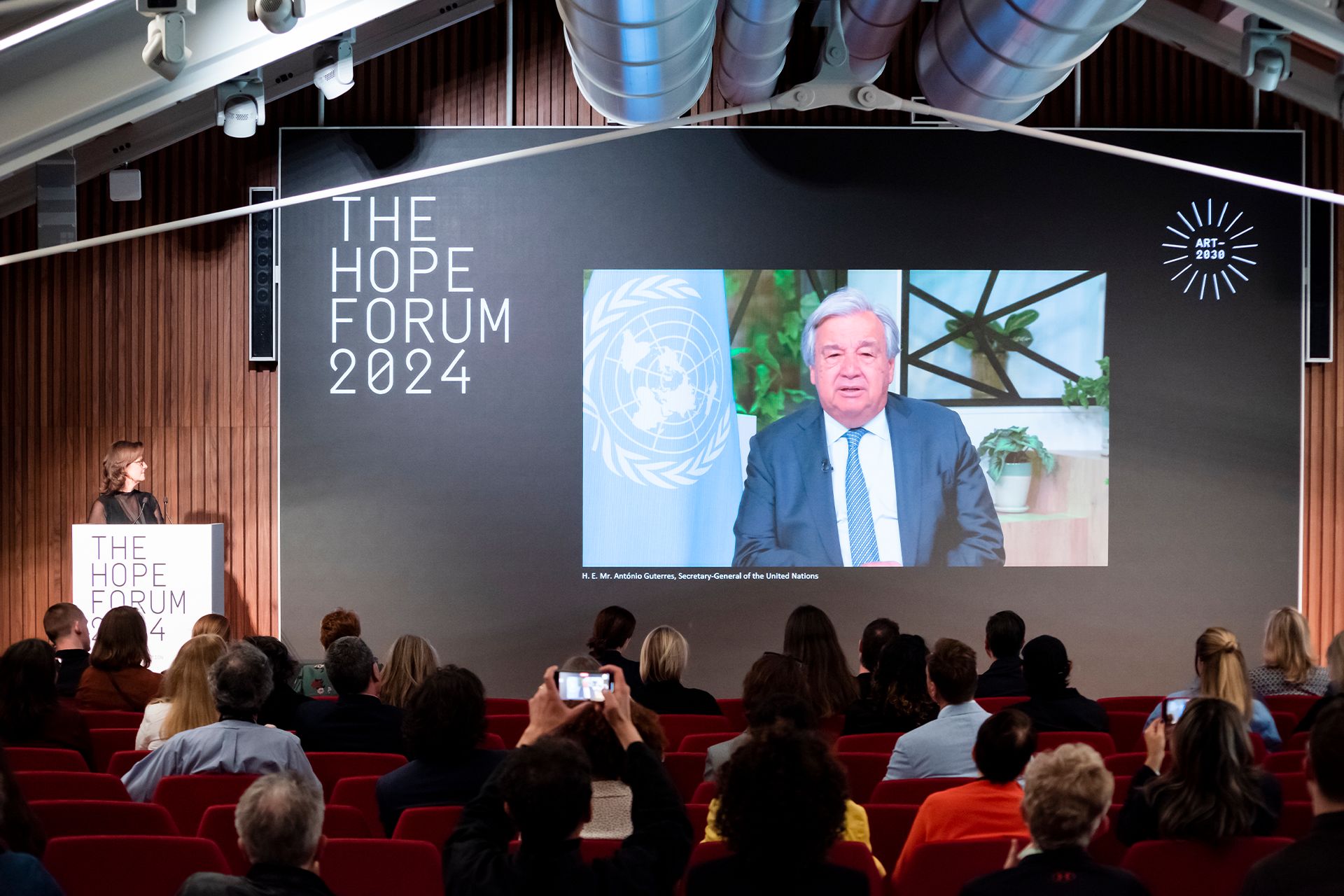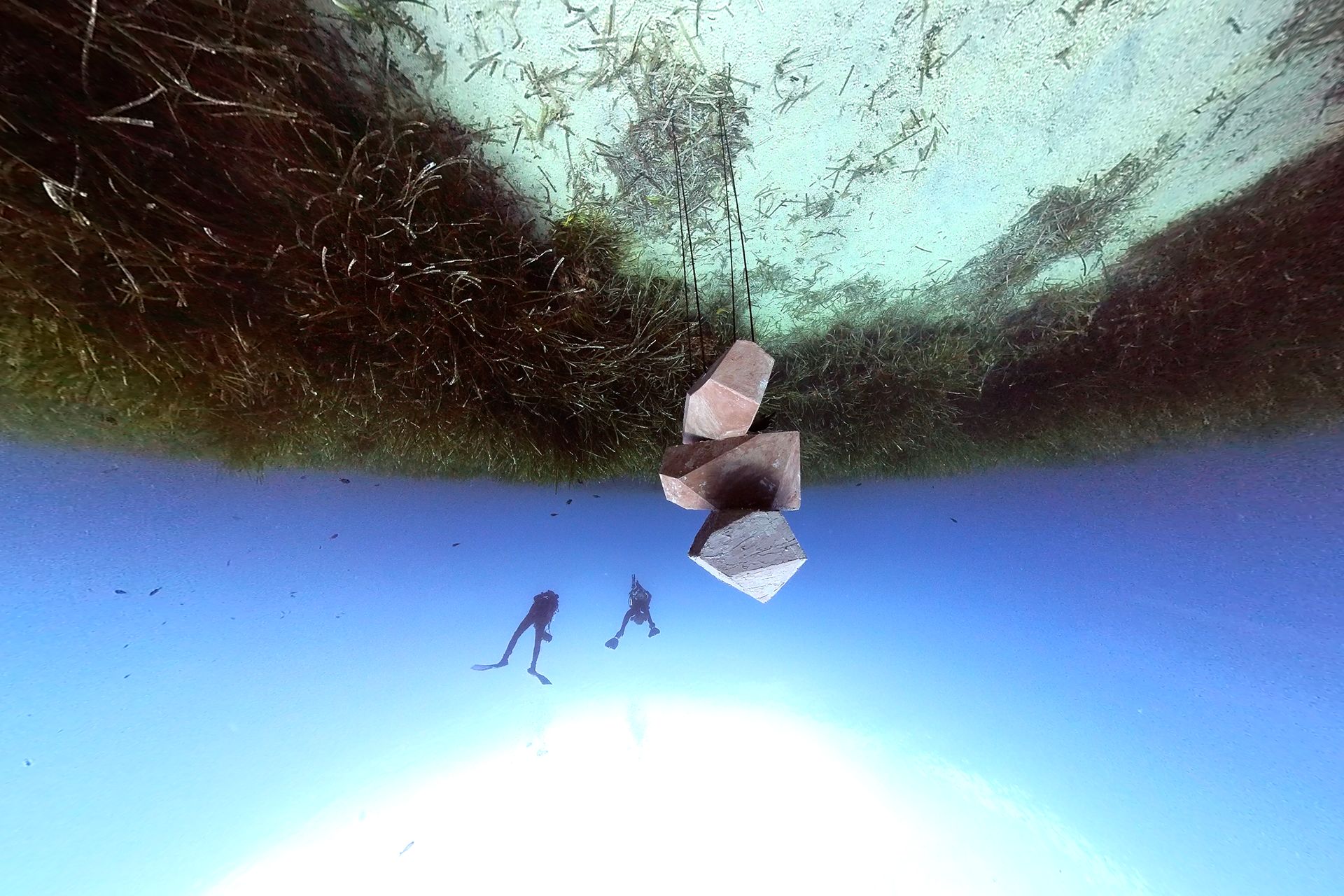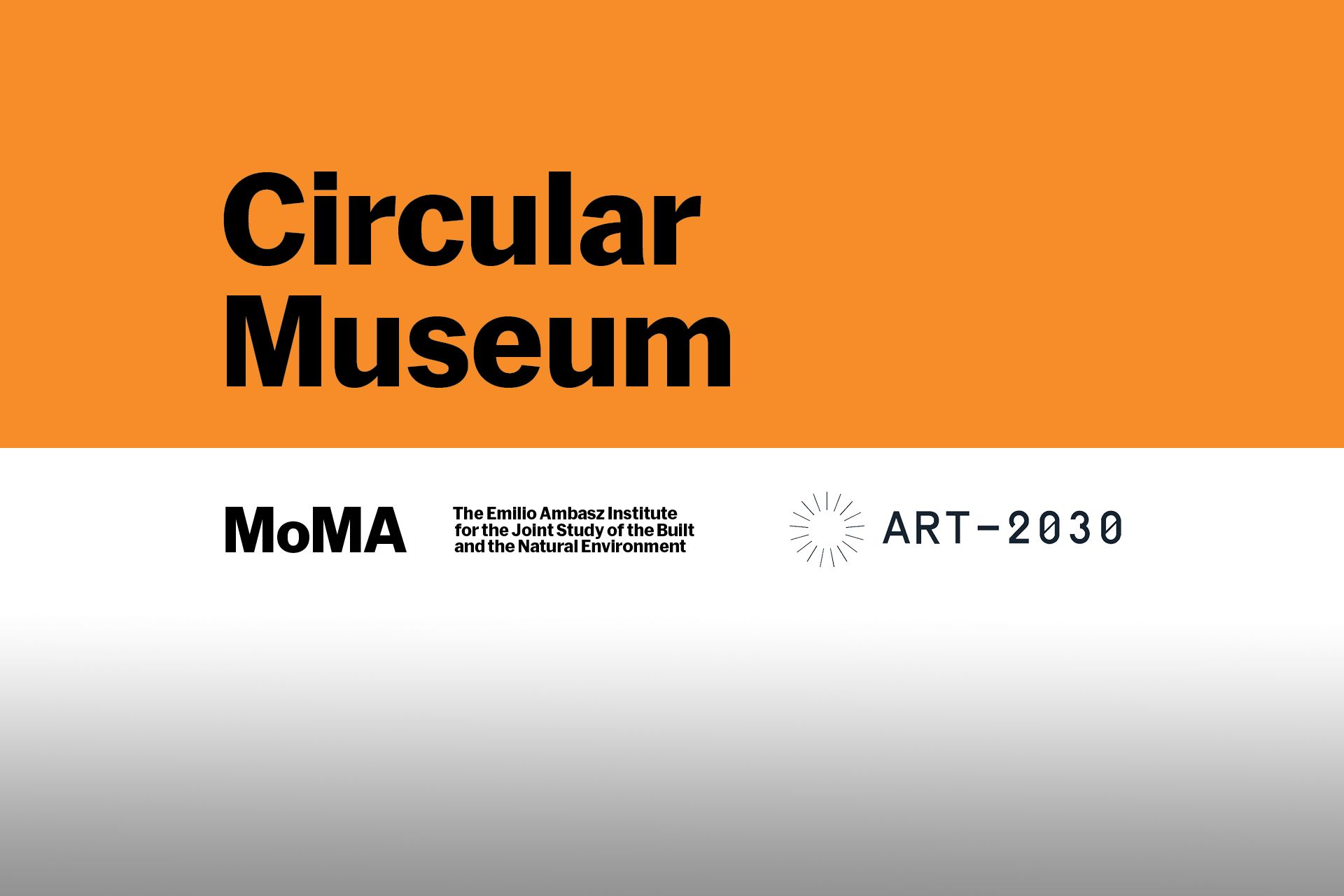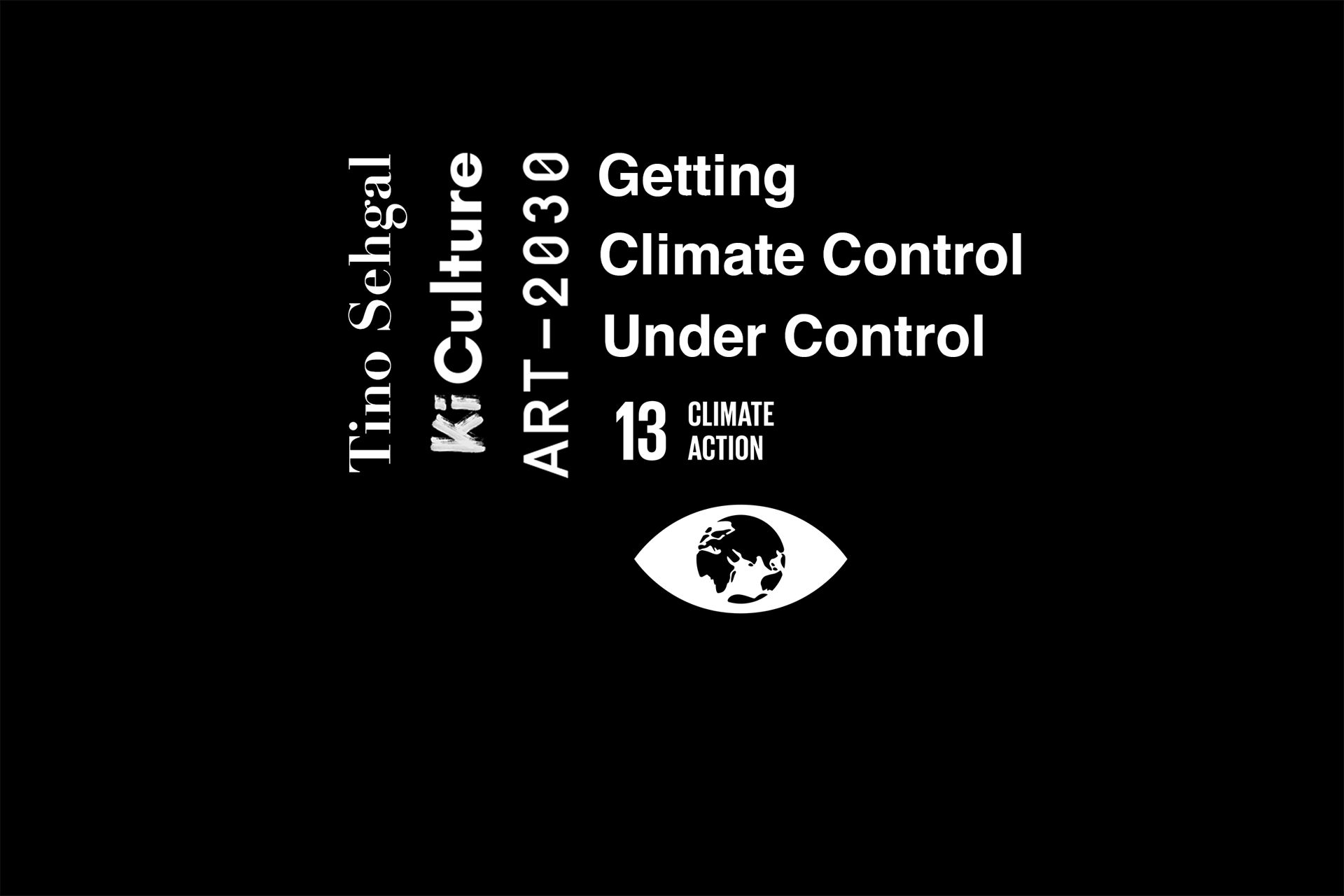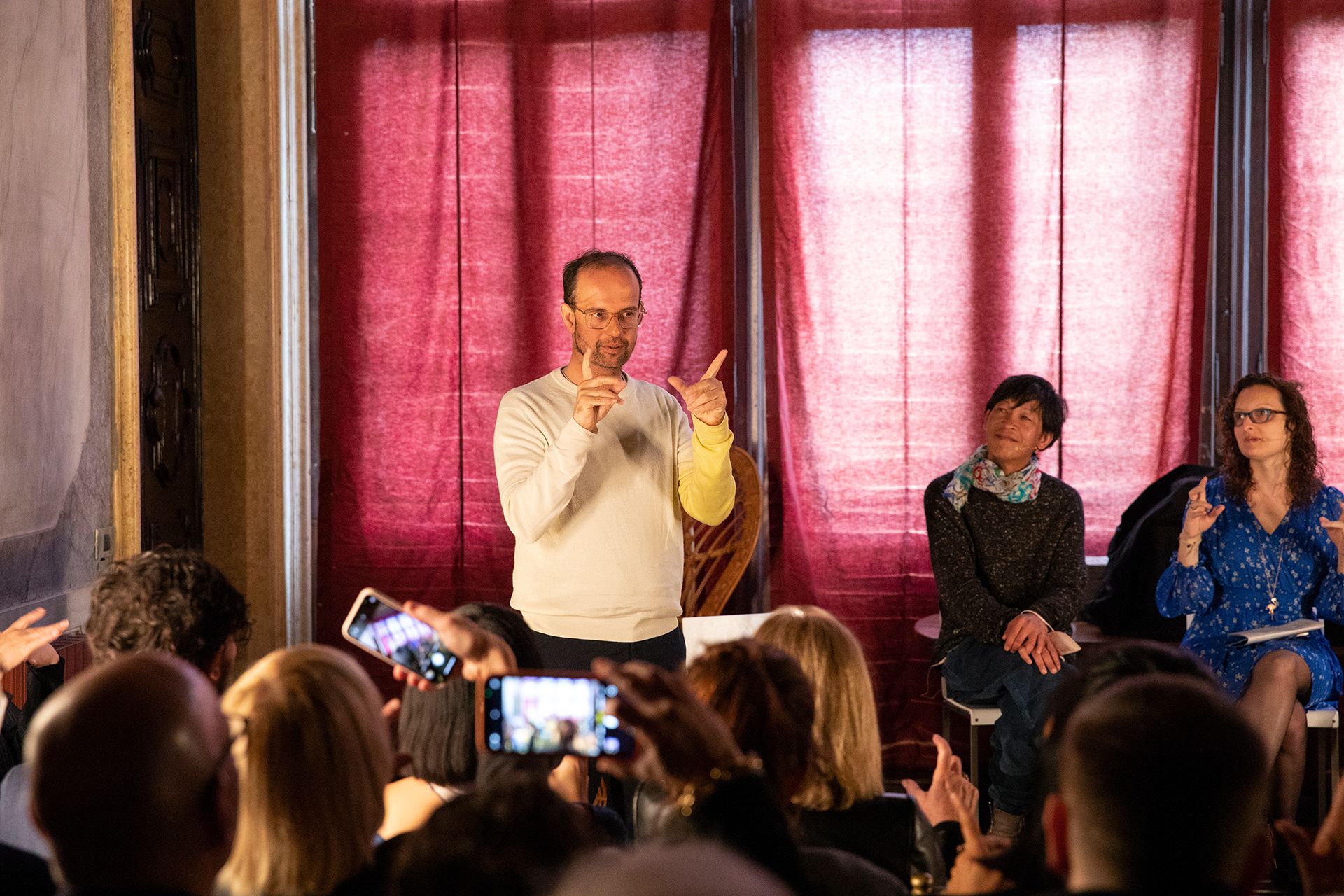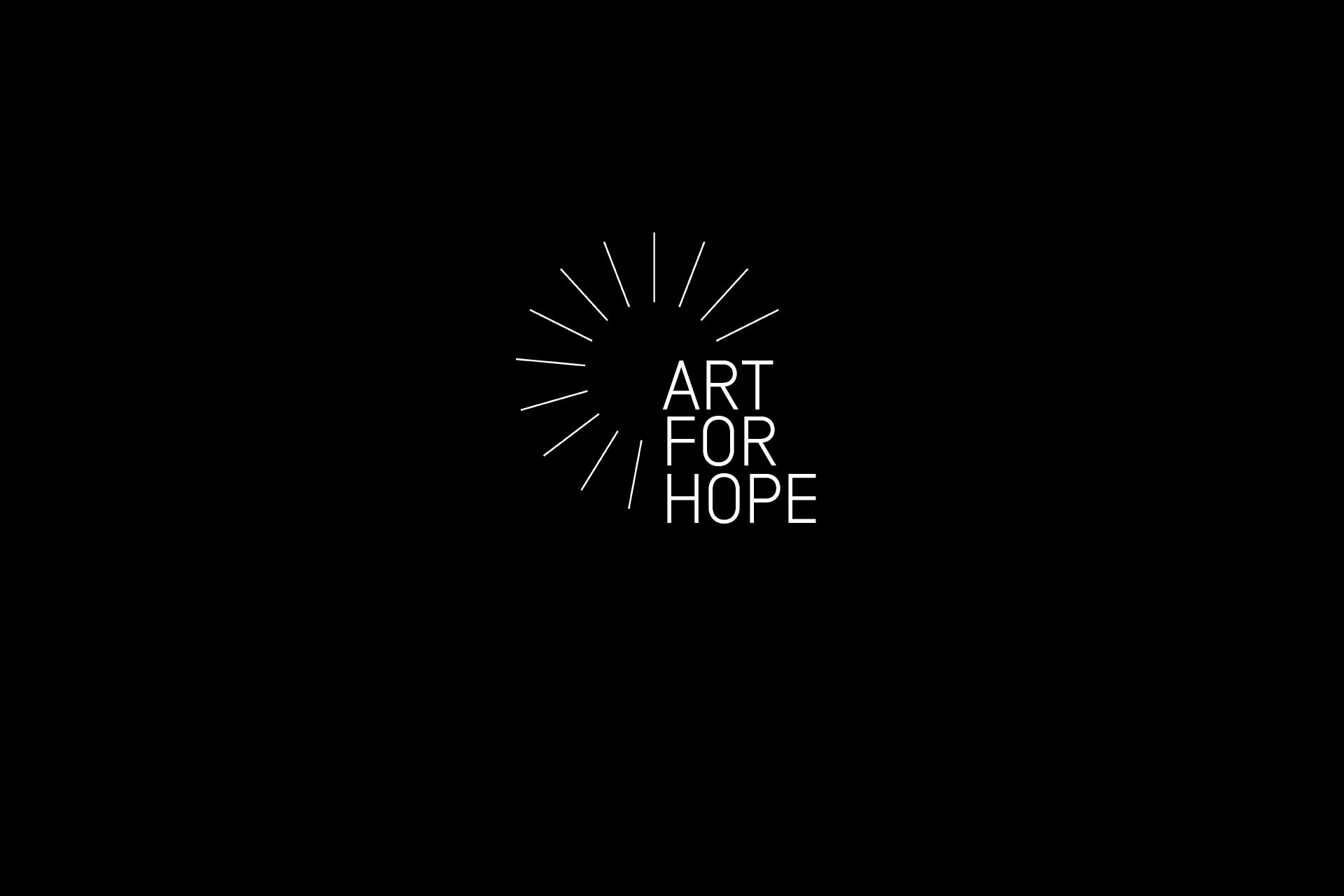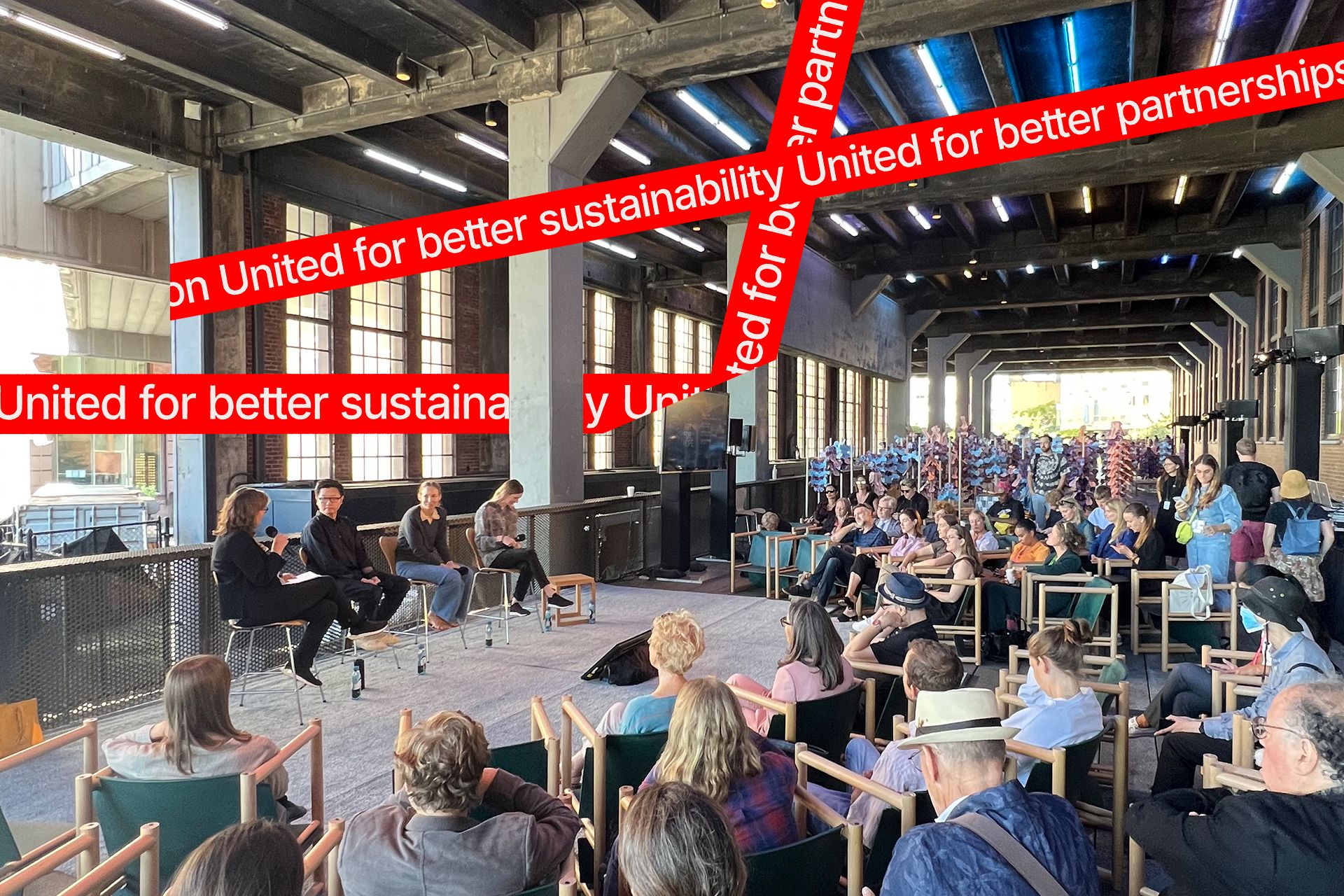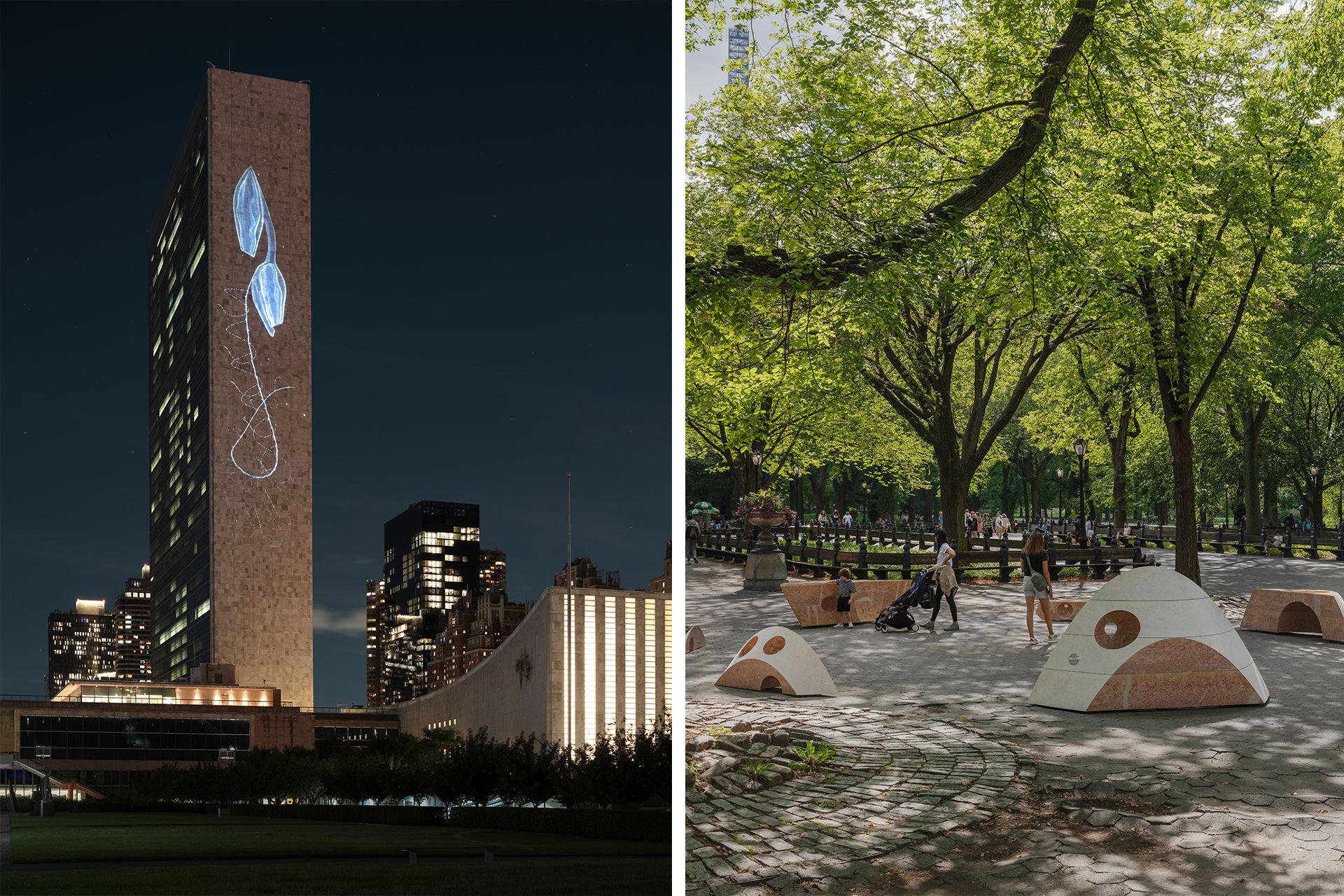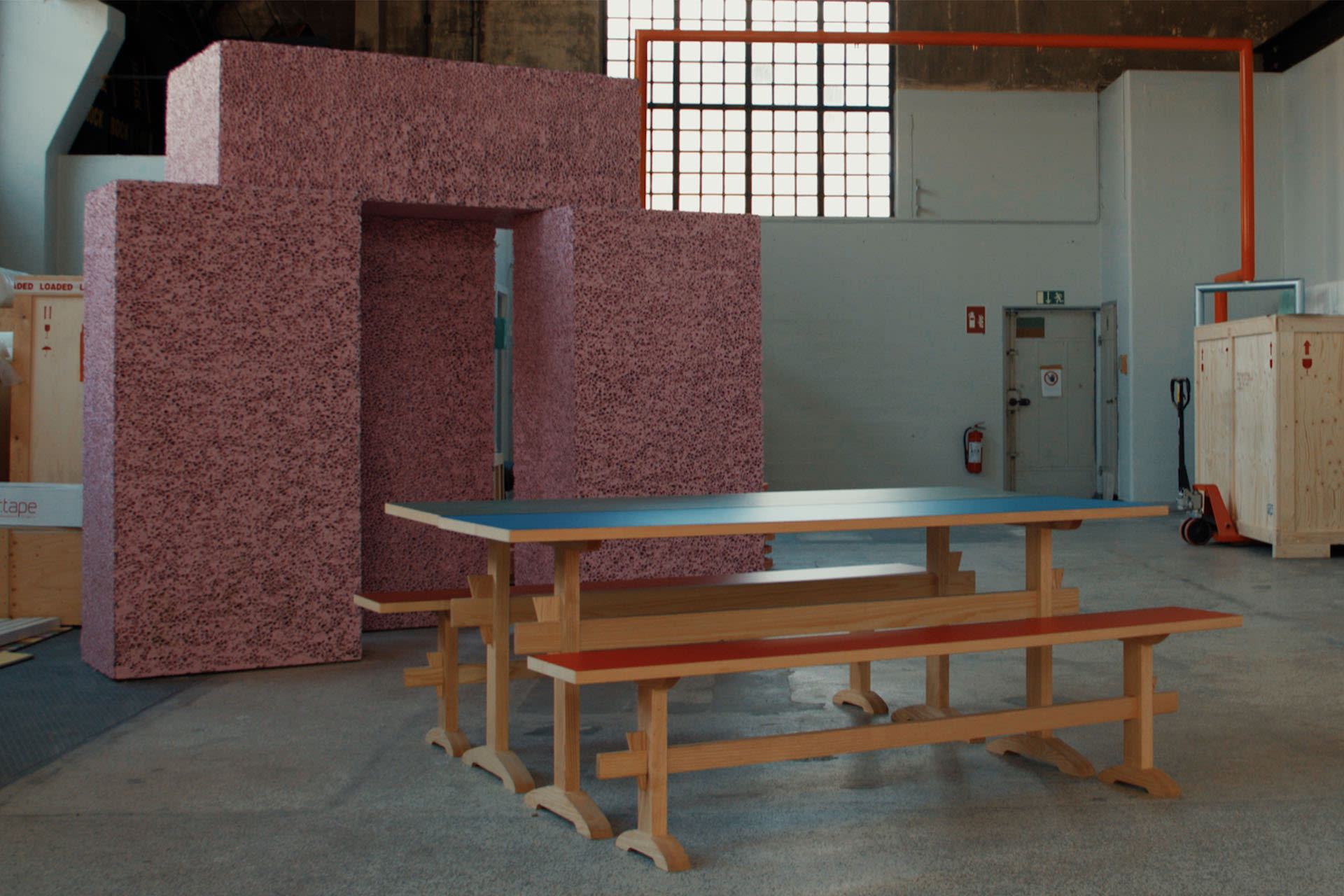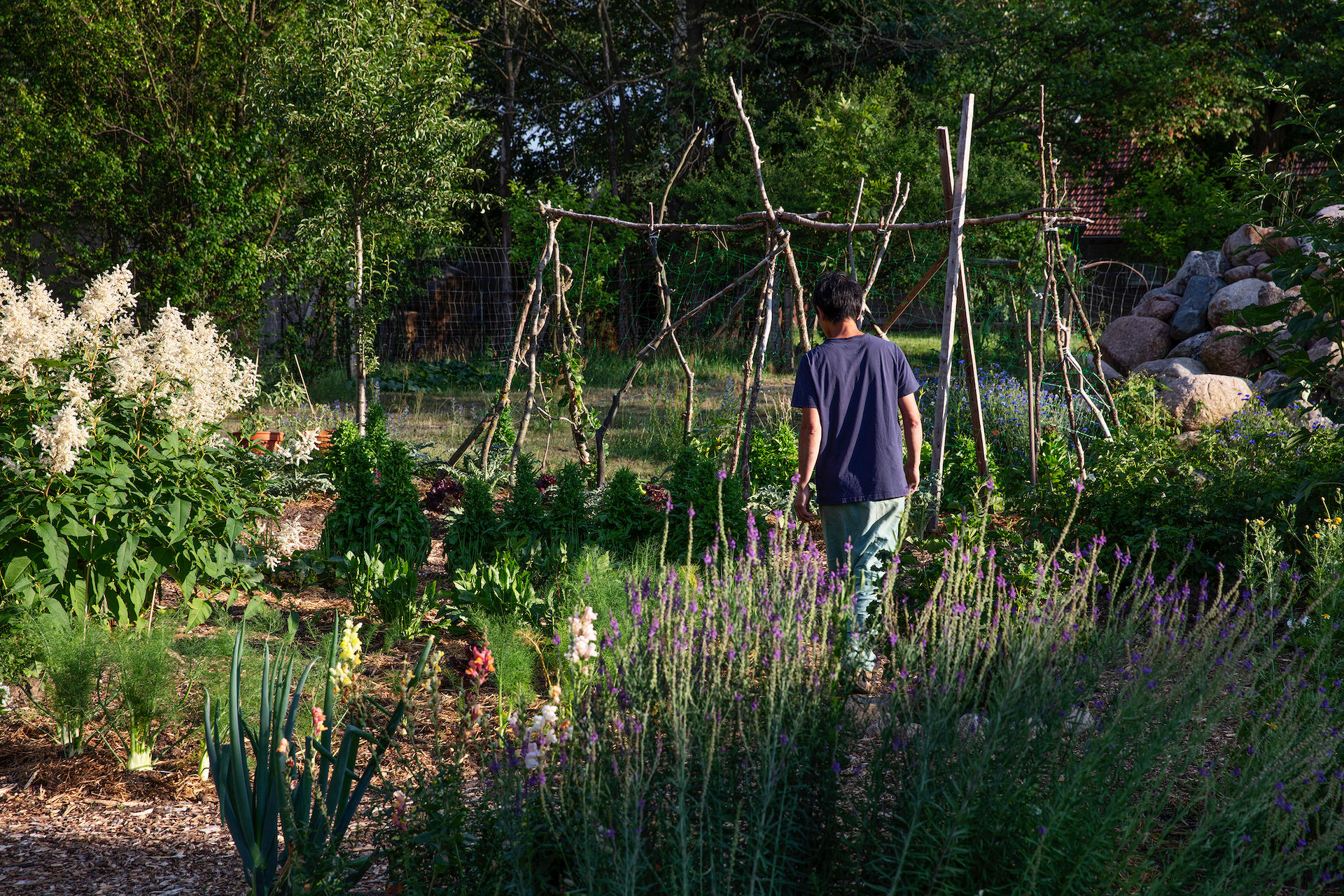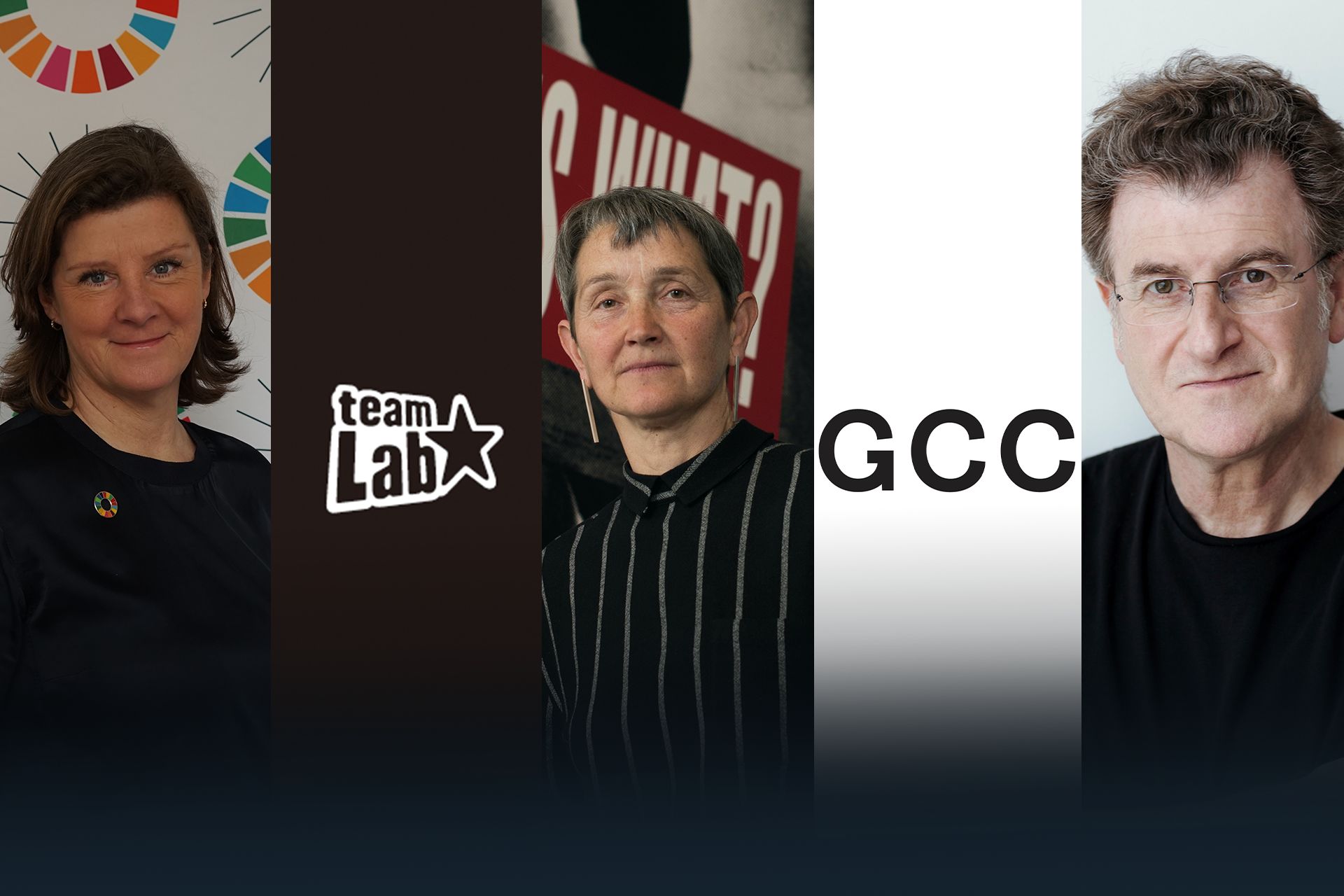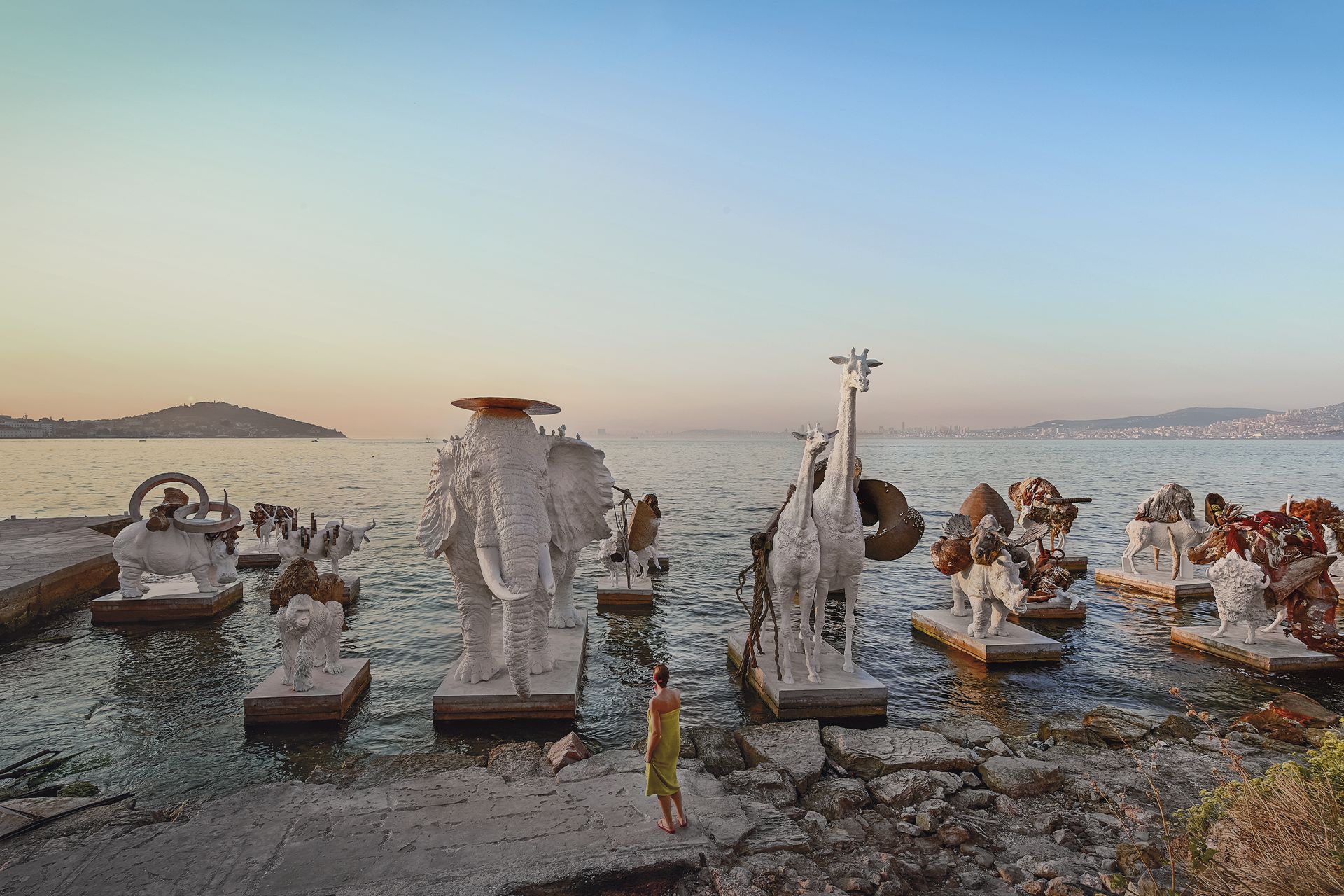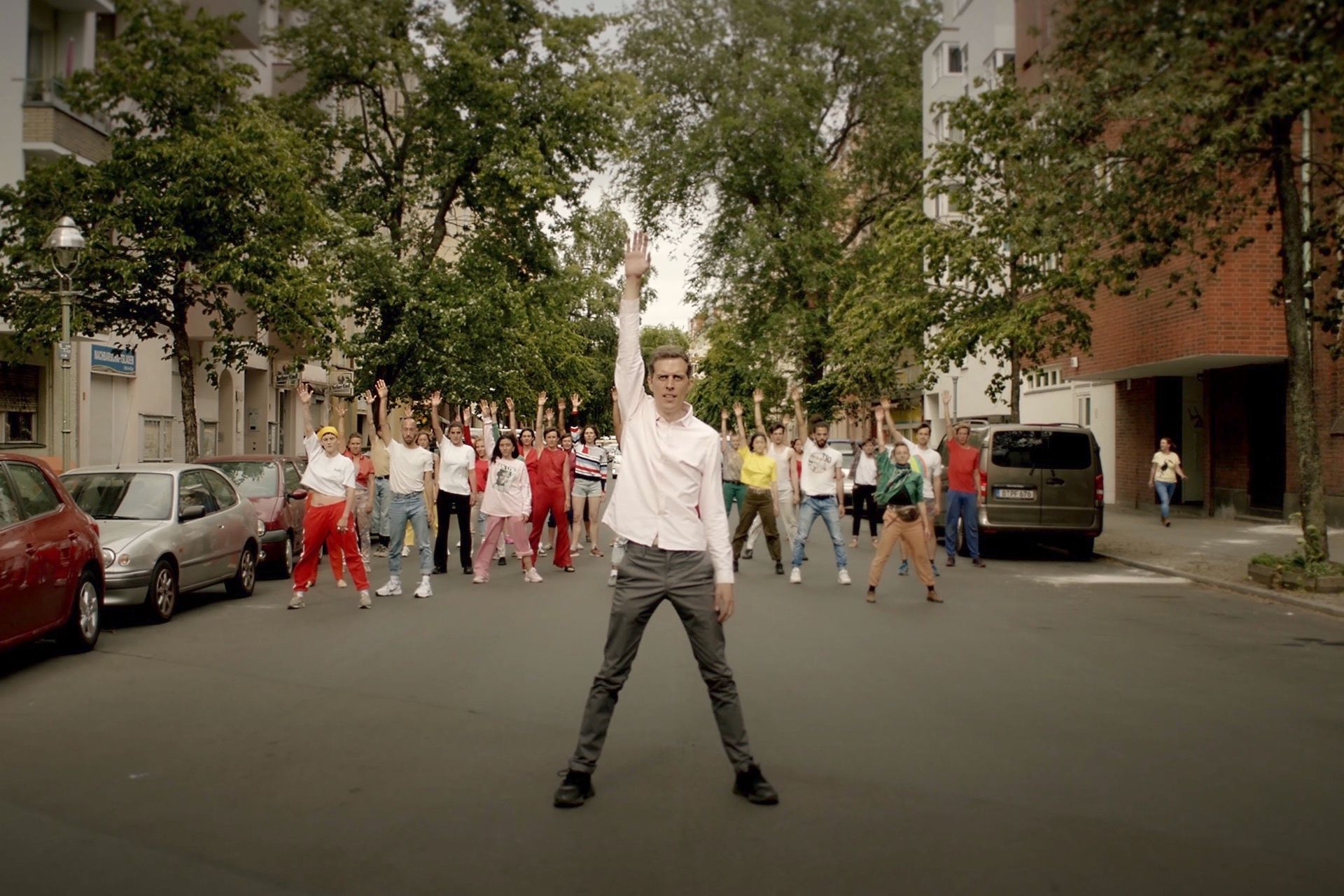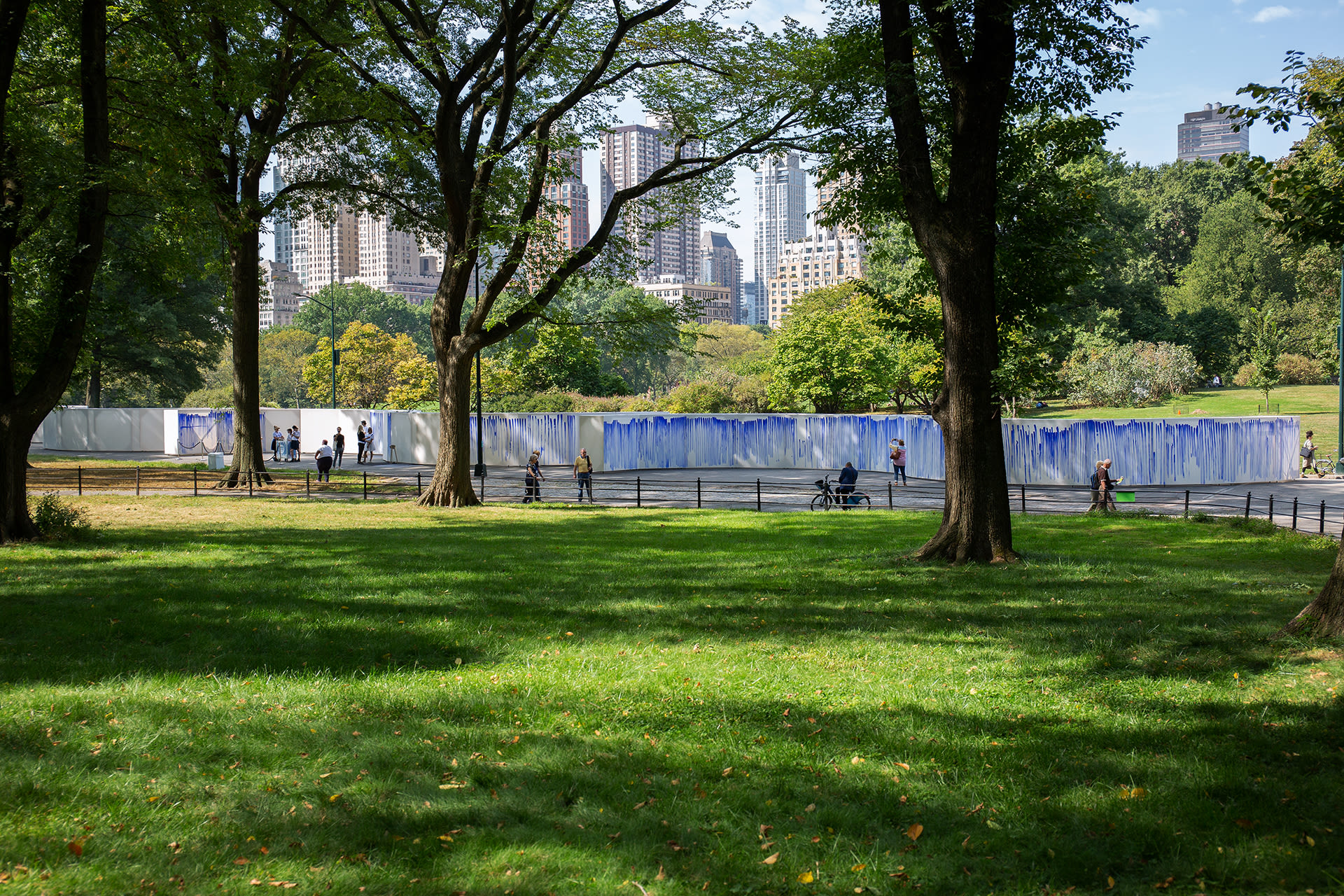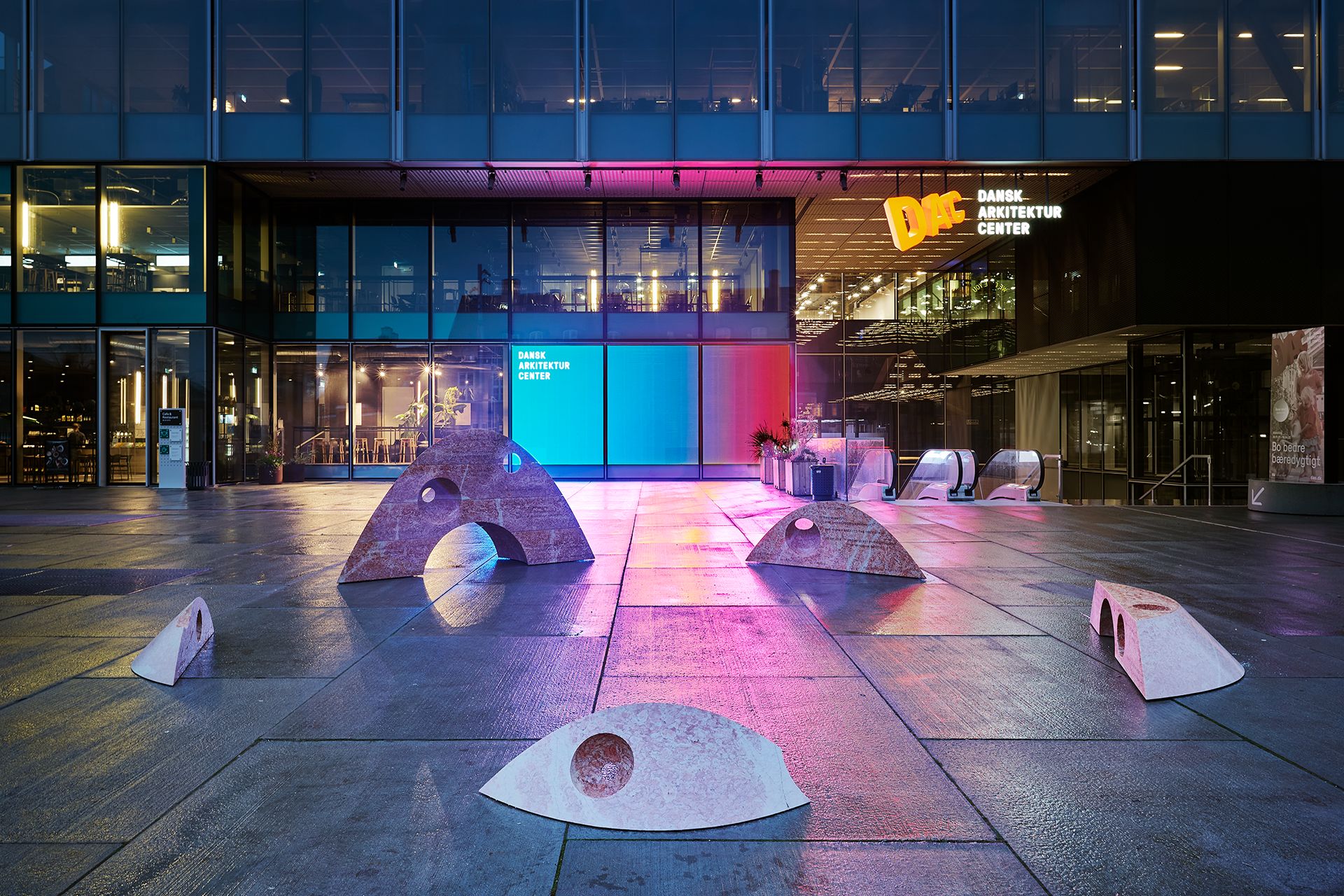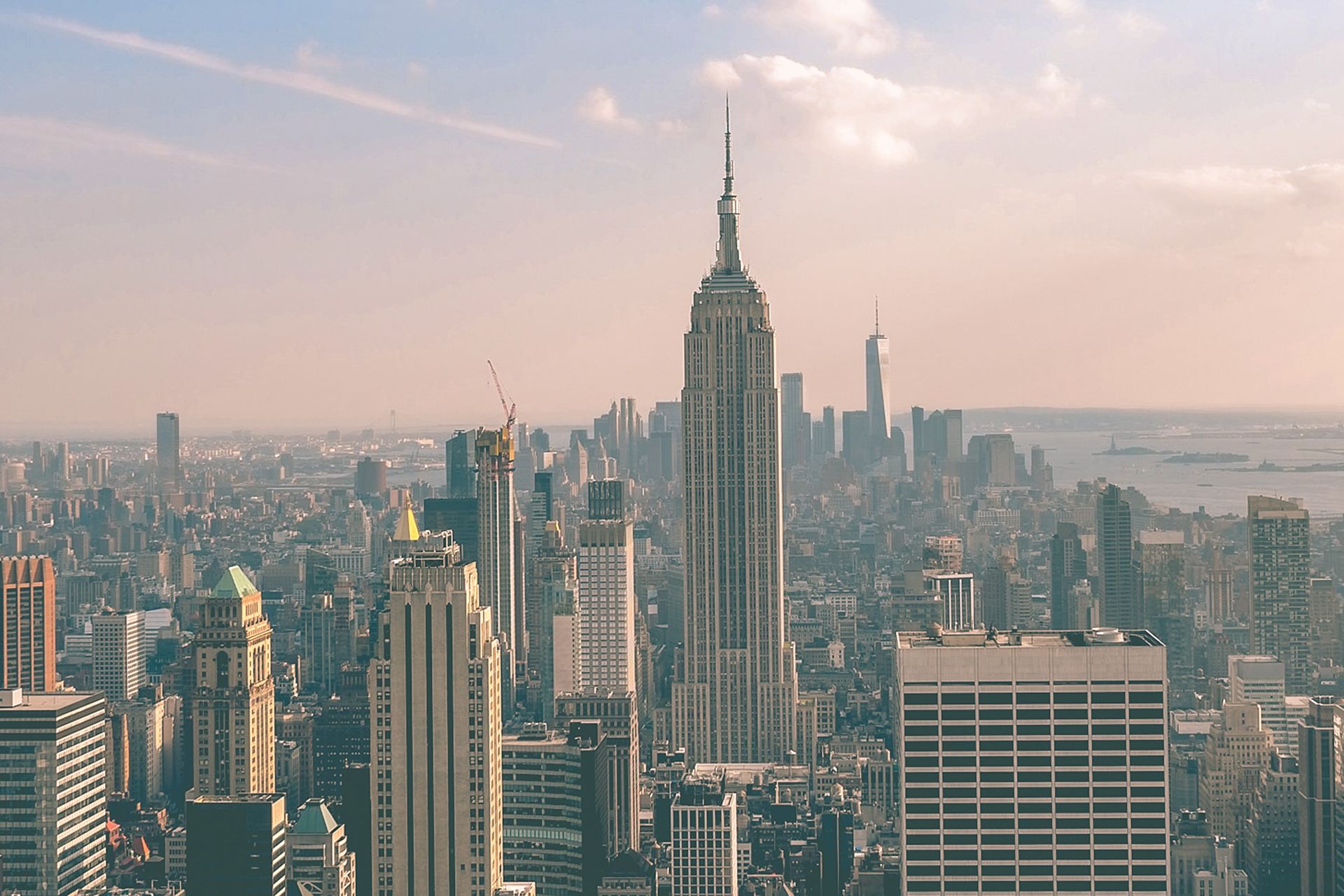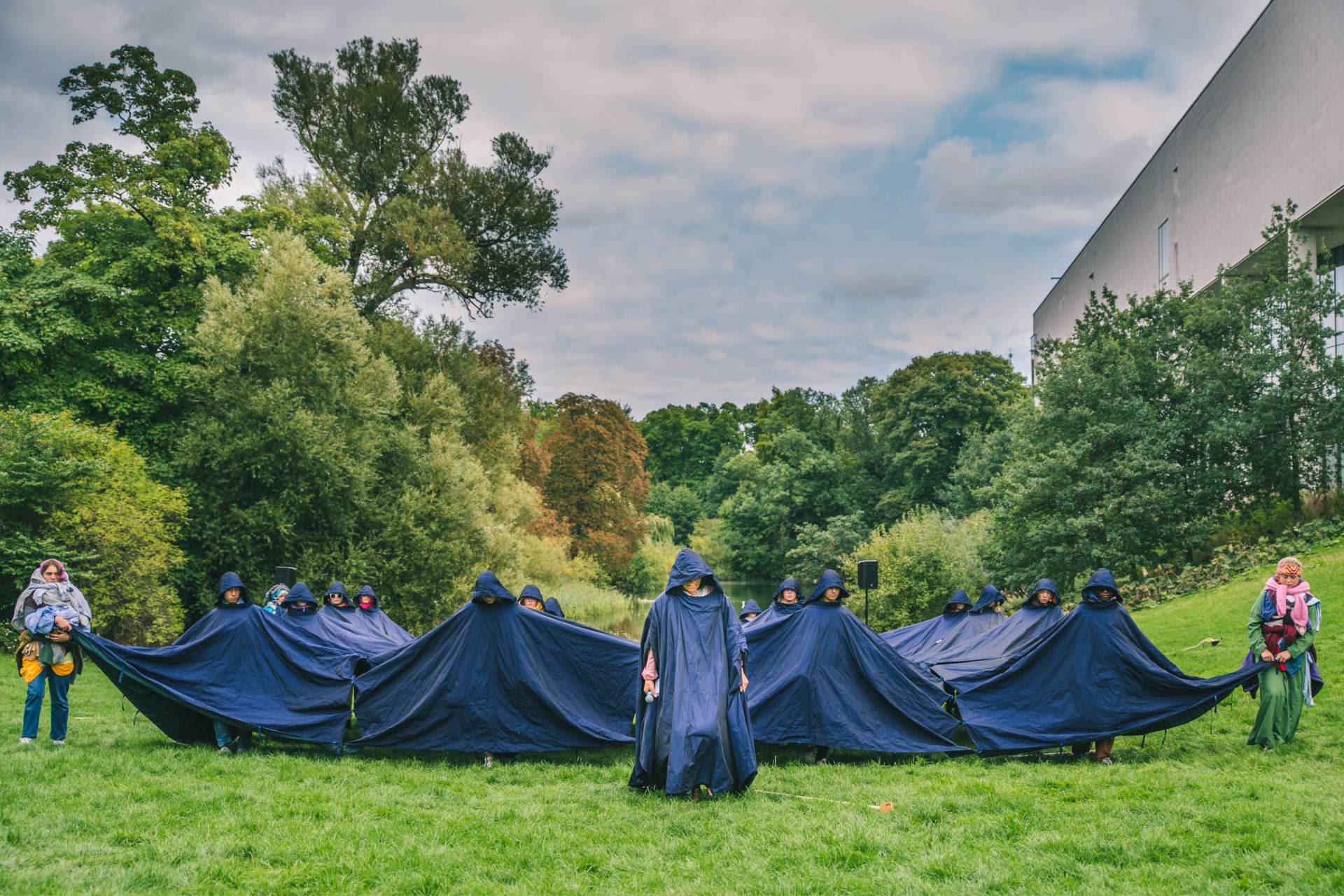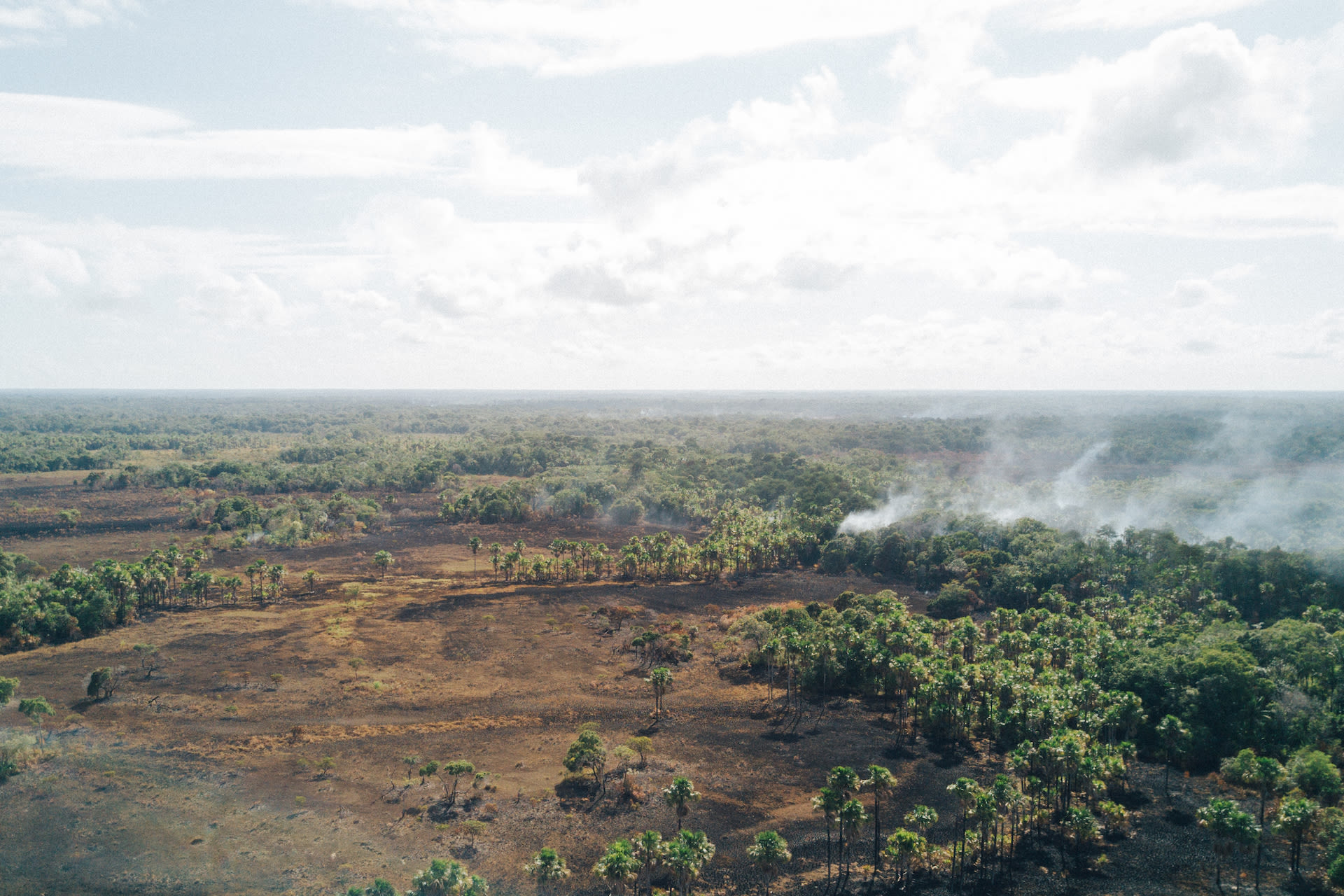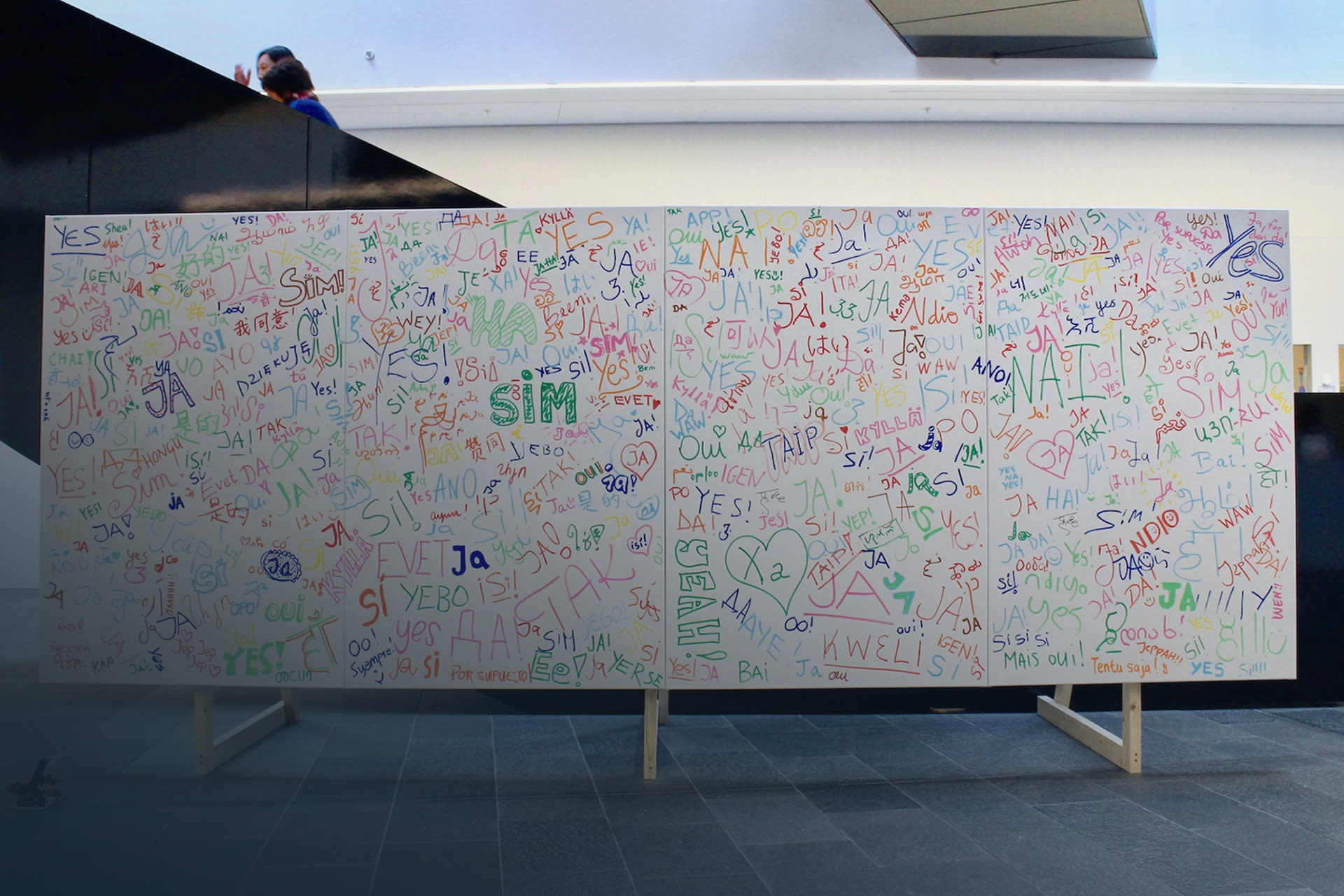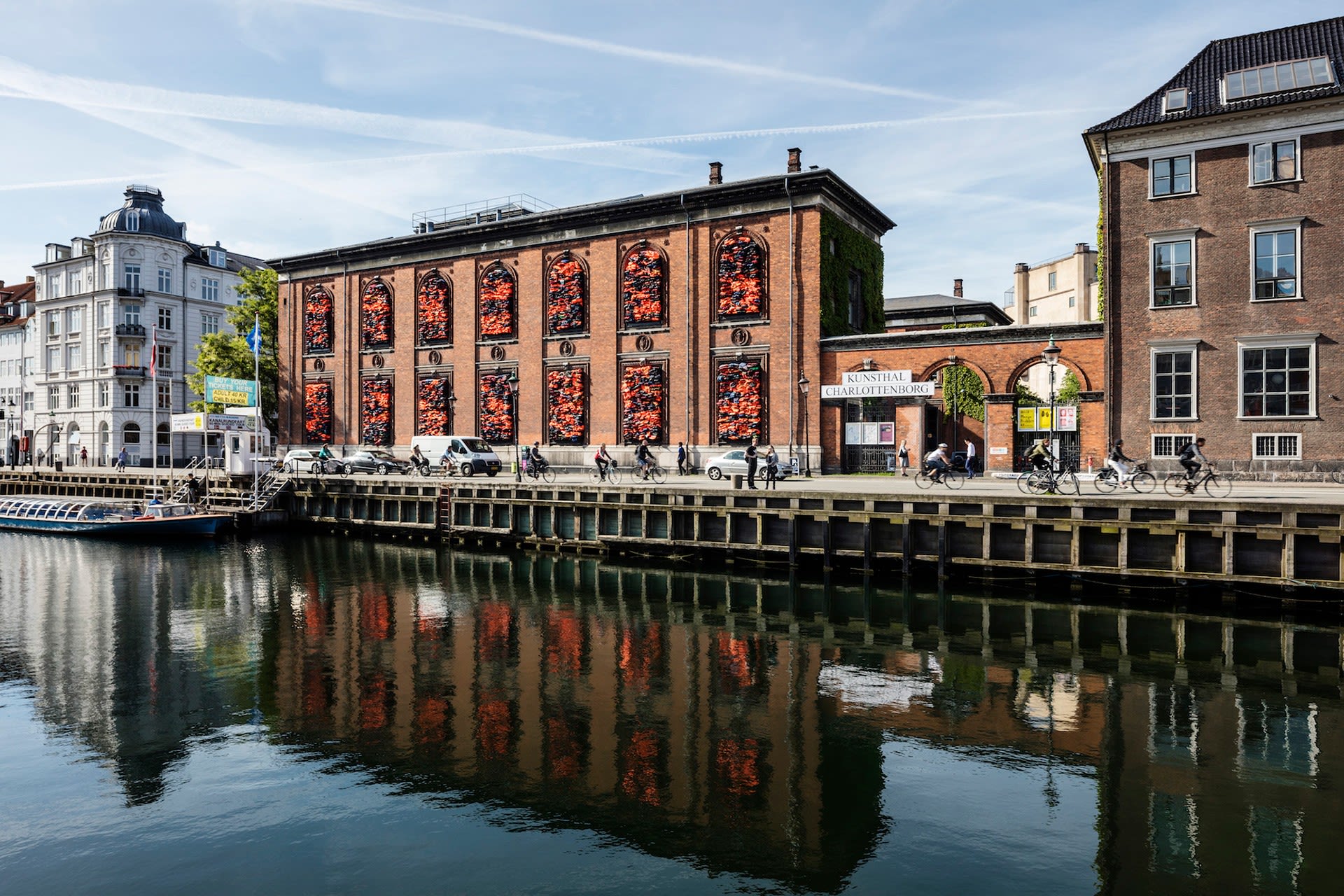Future Ours
Future Ours
Art for Action
Inspiring action for the Sustainable Development Goals
Art for a Healthy Planet 2024
Sharing great art to inspire action for climate, our environment, and biodiversity
The Hope Forum 2024
Accelerating system-wide concrete action for sustainability
Super Reef
Restoring 55 km² of lost reefs in the Danish ocean
Art Charter for Climate Action
Uniting the visual arts sector in climate action
Circular Museum by MoMA and ART 2030
A virtual panel discussion series
Art for a Healthy Planet 2023
Sharing great art to inspire action for climate, our environment, and biodiversity
Getting Climate Control Under Control
Committing to real climate action
The Hope Forum
ART 2030 for the UNITED NATIONS Agenda for Sustainable Development & UNESCO ResiliArt
Art for Hope
Art responds to the climate catastrophe
Partnerships as a Catalyst for Change
Hignline New York City
Art for a Healthy Planet 2022
Sharing great art to inspire action for climate, our environment, and biodiversity
Interspecies Assembly
SUPERFLEX
ART 2030 Presents
Conversations on Art and Sustainability
Danh Vo Presents: A Haven for Diverse Ecologies
Danh Vo
Art for a Healthy Planet 2021
Sharing great art to inspire action for climate, our environment, and biodiversity
UN high-level event on Culture & Sustainable Development
Art Sector Luminaries Address the United Nations
Art for a Healthy Planet 2020
Sharing great art to inspire action for climate, our environment, and biodiversity
GOALS
Christian Falsnaes
Breathe with Me
Jeppe Hein
Vertical Migration
Part of Interspecies Assembly by SUPERFLEX: About the Artwork
Interspecies Assembly
Part of Interspecies Assembly by SUPERFLEX: About the Artwork
ART 2030 New York
For Art and the Global Goals
Tow with The Flow
Lilibeth Cuenca Rasmussen
Planet Art
Amapá
YES
Yoko Ono
Soleil Levant
Ai Weiwei
See more
